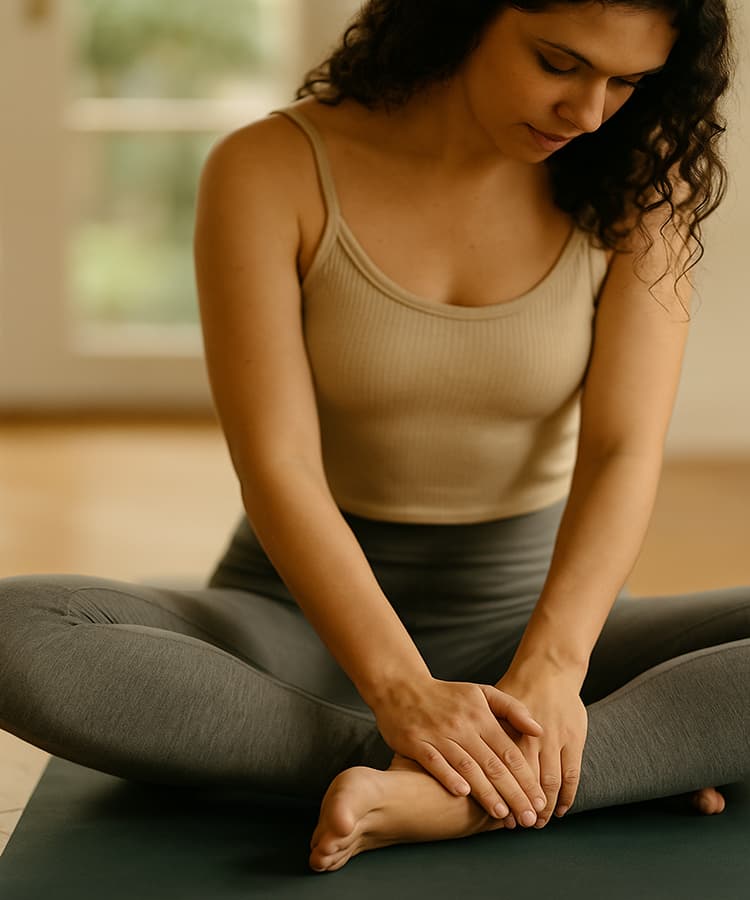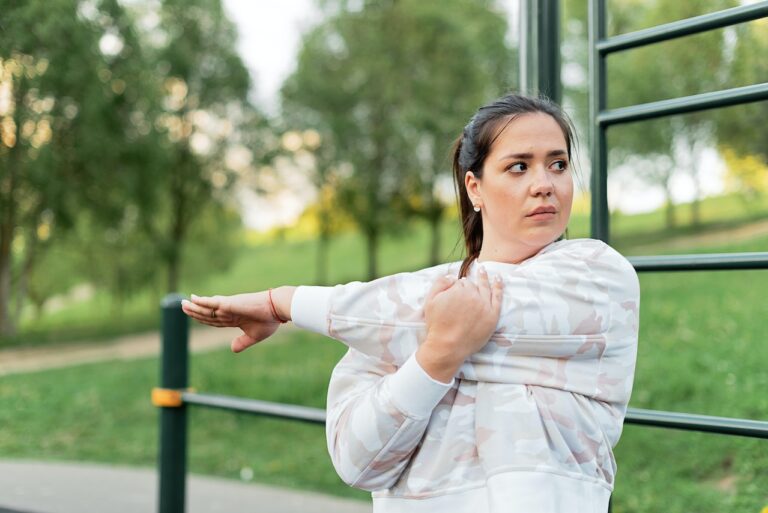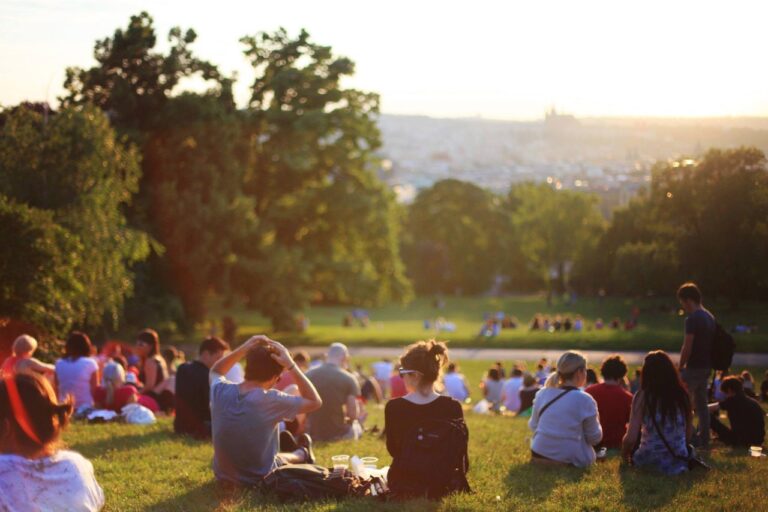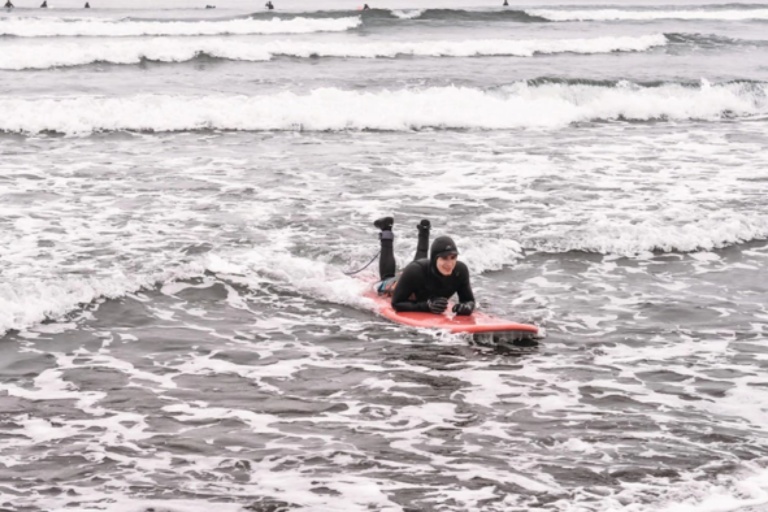In a world where screens take up hours of our day and routines feel more rushed than ever, spending time outside has become something we often have to plan. But there’s nothing fancy or new about it. People have always turned to nature when they needed space to think, move, or just breathe.
Whether it’s a quiet walk through trees, a weekend hike, or even a short stretch in the park, outdoor activities remind us to slow down, take in our surroundings, and connect – not just with nature, but with ourselves and others. In this article, we’ll explore how simple recreational habits outdoors can improve focus, reduce stress, and add something meaningful to daily life, without requiring too much time, money, or effort.
Moving for the Mind, Not Just the Body
Most people talk about hiking, biking, or running as good exercise. And they are – but their benefits go beyond the physical. When you’re outside and moving, especially in a natural environment, your brain also shifts into a different state. You’re no longer scanning notifications or reacting to constant input. Instead, your senses start tuning in: the way sunlight hits the leaves, the feeling of gravel underfoot, the sound of birds or wind.
This shift is known to reduce stress levels and mental fatigue. Even a short walk in a natural setting can improve your ability to concentrate, boost mood, and lower anxiety. Unlike high-energy gym sessions that can sometimes drain you, outdoor movement tends to restore energy.
You don’t need to climb mountains or break records. A slow morning walk, a short evening ride, or a gentle paddle in a quiet lake can help reset your mind. And doing it regularly – even just a few times a week – is often more helpful than a long trip you take once a year.
Real Breaks Feel Different Outside
It’s common to feel tired but keep working. We think five minutes scrolling on a phone or grabbing coffee counts as a break. But real rest comes from something deeper – a shift in pace, place, and presence.
Outdoor recreation provides a break that’s both physical and mental. When you sit outside on a bench or lie in the grass for a while, your body adjusts. Your heart rate can slow down, your eyes get a break from screens, and your brain stops racing. These kinds of breaks help improve sleep, decision-making, and emotional stability – especially when you take them regularly.
Some people find that just 15 minutes outside helps them feel more grounded. Others schedule weekly time for outdoor hobbies: gardening, birdwatching, sketching, or simply walking a familiar path. These are not intense activities, but they offer a kind of restoration that inside time rarely gives.
The key is doing them without pressure. You’re not outside to check off a goal – you’re there to feel something real. Even bad weather can make it feel more honest, like you’re part of the world instead of apart from it.
Reconnecting with Others Without Distractions
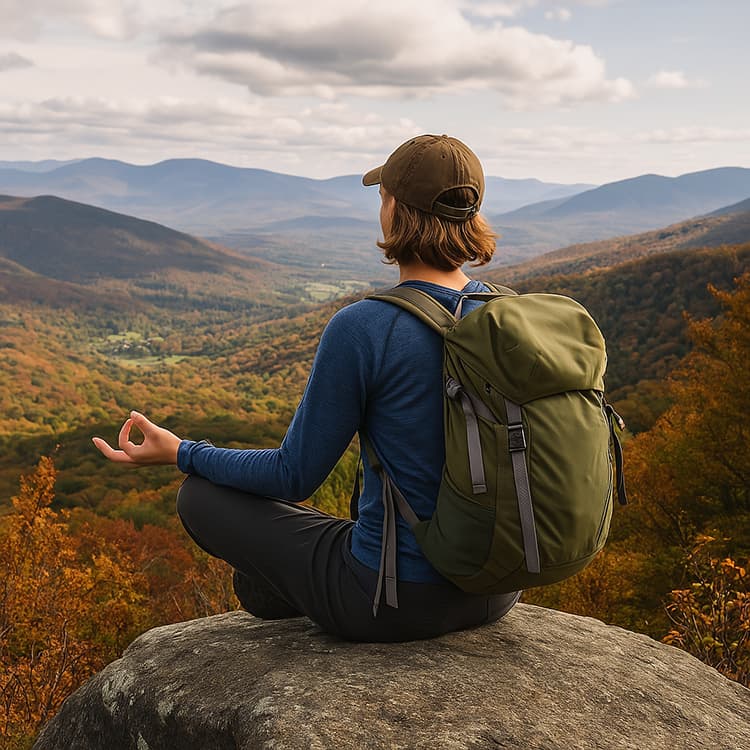
Many people say they want more meaningful time with friends or family, but it’s hard to make that happen indoors where everyone’s looking at a screen or juggling tasks. Outdoor settings often change the mood – not by forcing deep conversation, but by creating space where attention is shared.
Whether it’s a walk with a friend, a picnic with kids, or a casual group activity like throwing a frisbee or going for a bike ride, outdoor spaces tend to lower the pressure. You don’t have to “entertain” – you just do something simple together. The conversation tends to flow more easily, and silence feels more natural.
Even in bigger groups, nature gives people ways to interact that feel different from sitting around a table. Kids run and explore, adults talk while moving, and people tend to feel less self-conscious.
Shared outdoor activities also help build routine connection. For example, weekly walks with a neighbor, monthly hikes with friends, or a Sunday tradition of beach coffee all create simple, repeated points of contact that build stronger relationships over time – without needing constant planning or expense.
It Doesn’t Have to Be Far or Fancy
A lot of people think outdoor recreation means long drives to mountains or special gear. That’s great if you can do it – but it’s not necessary. Some of the most powerful outdoor habits happen close to home. A small park, a quiet backstreet, a patch of trees behind an office building – these are enough.
What matters is not distance or difficulty, but consistency and intention. Choosing to step outside even when you’re tired, making time on busy days for a short walk, or saying yes to a spontaneous outdoor plan – these are the things that build a sustainable relationship with nature.
Even changing how you use your space helps. Sitting on a balcony instead of inside, stretching on the porch instead of the bedroom, or reading under a tree instead of at your desk – these tiny shifts add up. Over time, you may find yourself wanting more – and when that happens, you can explore further.
The important part is removing the idea that you need the right schedule or outfit. You just need the decision to go out, even for a little while.
Conclusion
Outdoor activities offer something that many of us are missing – time to move without pressure, rest without screens, and connect without distractions. It’s not about becoming someone who climbs mountains or camps every weekend. It’s about remembering that fresh air, open space, and natural movement are good for everyone, at every stage of life.
If you build small habits around getting outside, you may start noticing your mood improve, your sleep deepen, and your conversations feel more real. And while it’s easy to postpone outdoor time in favor of tasks and routines, it’s worth remembering this: sometimes the best way to get more done is to stop, step outside, and just take a breath.

